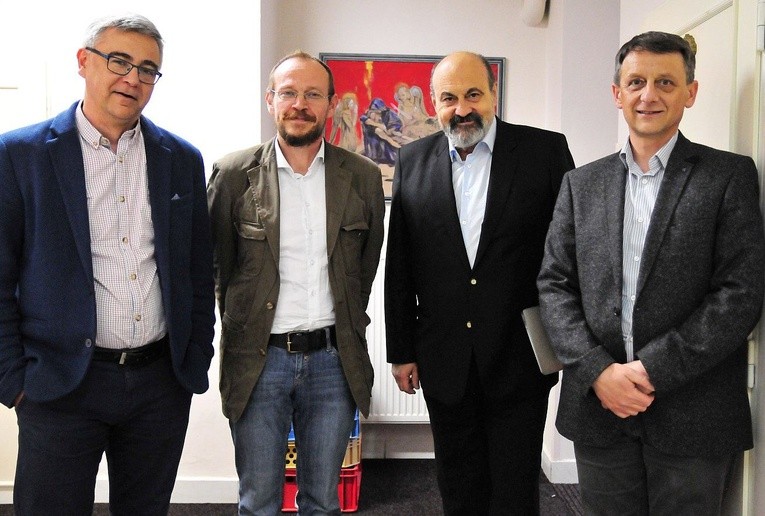We should care for the future of Christianity in the East-central Europe
There is no room for complacency because of the packed churches since we are facing the process of ‘creeping secularisation’. The situation will not improve unless the churches in the East and Central Europe propose a qualitatively new offer for the believers.
From 25th to 26th of April 2017, the Christian Academy Prague venued a third colloquium on the future of faith. Representatives of the Czech Republic, the Republic of Poland, the Slovak Republic, and Hungary, reinforced by a two-person delegation from the Netherlands, took part in the intensive work. The participants of the colloquium named: ‘The Future of Religious Faith from Central Eastern European Perspective’ organised by The Rev. Prof. Tomáš Halík as part of the project realised by the John Templeton Foundation – developed guidelines and recommendations for leaders of ecclesiastic life, communities and the clergy.
The first step was to indicate the specificity and dynamics of certain churches in the East-central Europe by studying sociological data of the so called ‘White Paper’. The following step was to present the data and an attempt to understand the differences concerning faith and religiousness in the individual countries. The third step was a colloquium in Prague during which all delegations contributed for the creation of recommendations for the future.
- It’s a grassroots activity, engaging sociologists, philosophers and theologists. The subject of the project springs from the fact that we have observed that the Church drifts apart from the modern culture. It understands it decreasingly, and thus has progressively smaller abilities to get an offer over to the modern man – said Prof. Pavel Hošek from Charles University in Prague.
The Czechs, according to Dana Hamplová Ph. D., present low participation in the institutional life of the Church, but those who participate in it are, in turn stable in decisions. Czech secularism indicates individual, private forms of religiousness. There is also a broad category for ‘the believers’ without unequivocal definition of one’s affiliation. Another category for people often referred to as ‘independent Christians’ should also be noted. They are affiliated to non-institutional Christianity. Especially, the youth don’t want to have a brush with the Church as institution.
Given this context Dana Hamplová mentioned the following three categories of people: dwellers, seekers and apatheists. According to the statistics over 40 percent of the Czechs believe in transcendence, whereas only 10 percent identify themselves with the traditional, Christian tradition of personal God. She also presented possible scenarios for the future of religious faith: 1) continuation of the crisis process 2) modernisation and liberalisation of the teachings of the Church 3) appearance of revival movements within Christianity, based on the gospel and oriented on the popular culture.
- We are facing two extremes: fundamentalism and liberalism. The Church should however, show different perspective, offer new context to be in the Church – emphasised The Rev. Prof. Tomáš Halík.

-
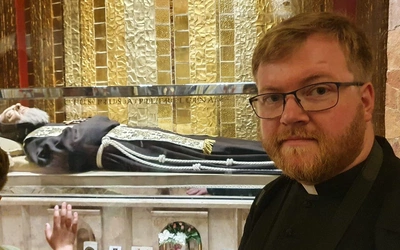
- Kościół
-

- Kościół
-
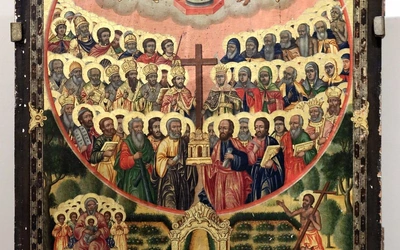
- Kościół
-
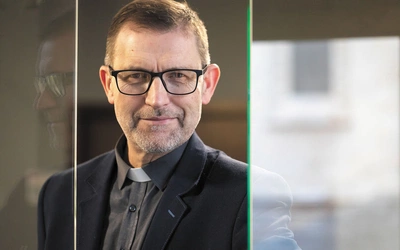
- Kościół
-

- Rozmowa
-
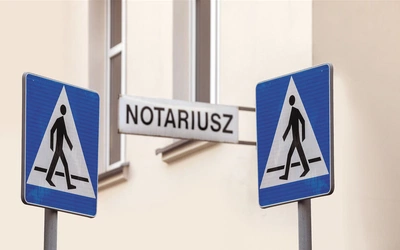
- Polska






